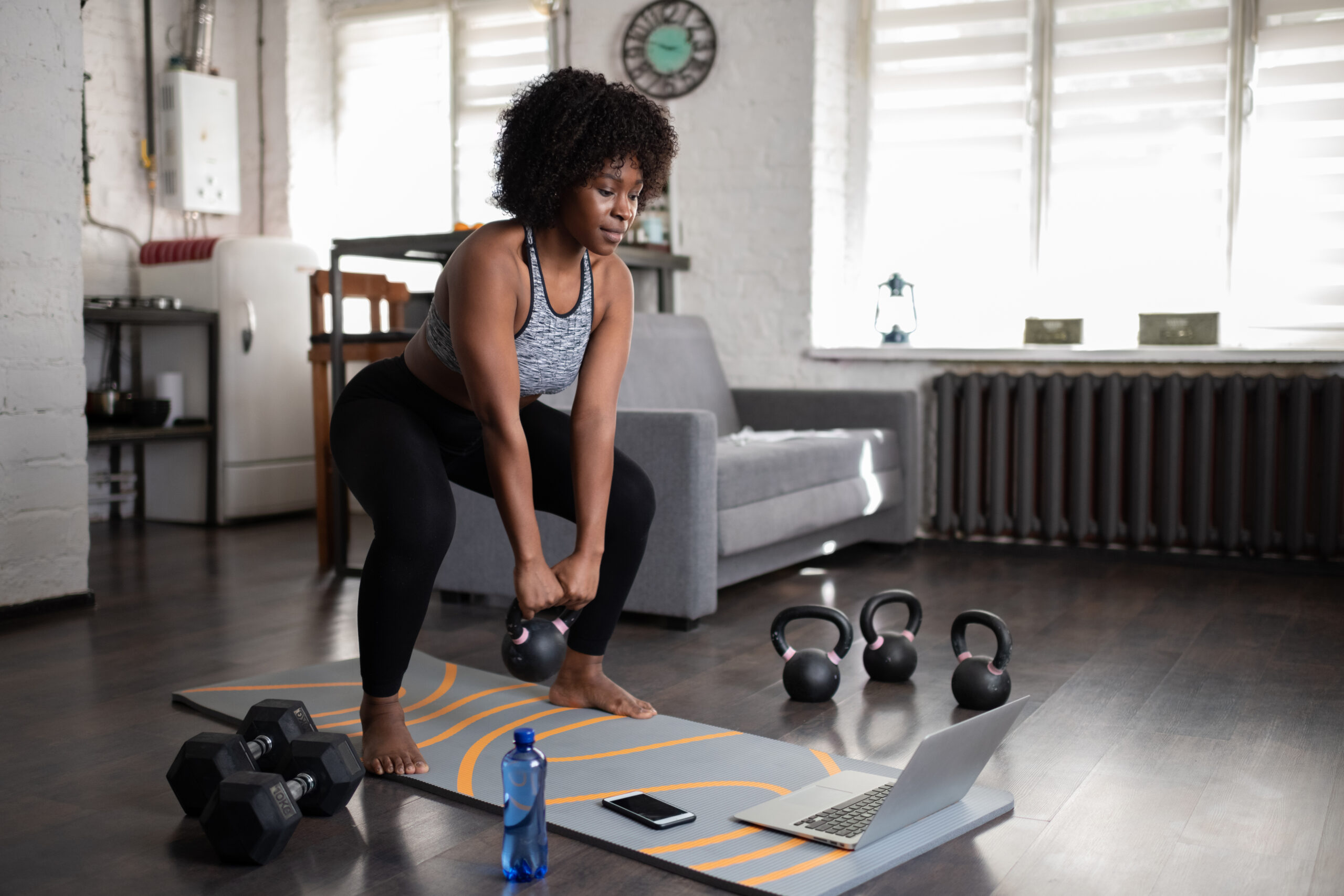Whether embarking on a 75 hard or easing into an active lifestyle, it’s easy to become obsessed with fitspo culture. You can find yourself following countless fitness influencers promoting their impeccably fit bodies through meal prepping and weight training.
While in the beginning it can be informative and inspiring, it can begin to have a counter-effect on you psychologically. While life may get in the way of maintaining a diet and exercise routine, you can begin to compare yourself to the influencers. Here’s a deeper dive into what the culture is and how unfollowing fitspo may helping you.
What is Fitspo?
“Fitspo,” short for “fitness inspiration,” refers to social media content driven by wellness influencers. They design their content to motivate their followers to live healthier lifestyles. Showing off toned physiques attributed to intense workout routines and strict dietary habits, it’s an enticing internet subgroup that preys on women eager to rectify their insecurities.
Health and wellness influencer Janelle Rohner recently received backlash after admitting to taking a GLP-1 while selling food guides and fitness plans. This has unveiled a deep fracture within the fitspo community, as more women fall victim to trying to achieve seemingly attainable bodies without knowing the full truth behind the screen.
While the intent behind fitspo is to encourage fitness and well-being, it’s hard to know what’s real and what’s photoshopped. Depending on who you follow, you’re also being shown an unattainable physique that can be hard to achieve. Many fitspo influencers dawn extremely lean and muscular bodies, which may not be accessible for the average person who doesn’t have the time or resources. This can lead to unrealistic expectations on your own self, negatively impacting your self-esteem and body image.
The Damaging Psychological Effects of Following Too Many Fitness Influencers
Fitspo can hurt you just as much as it can help you. If these influencers aren’t motivating you, then they could be instilling shame in you for not mirroring their flawless physiques. Here’s a closer look at the potential psychological effects and why unfollowing fitspo may be the key to improving your wellness.
Unrealistic Body Standards and Body Dissatisfaction
Fitspo content often showcases a singular body type: lean, muscular, and flawless. A body type that may not take motherhood, genetics, or a time-constrained lifestyle into account. This narrow representation can lead followers to internalize unrealistic body standards, resulting in body dissatisfaction rather than motivation. Research shows that exposure to too much fitspo content increases the pressure to achieve unattainable ideals. This often leads to negative self-perception.
Exercise Addiction and Orthorexia
If your social media timeline consists of fitspo, this can foster an unhealthy obsession with exercise and “clean” eating. This can manifest as exercise addiction. You may feel compelled to hit the gym twice a day and work out excessively. You could also develop orthorexia, an obsession with consuming exclusively healthy foods. This can disrupt your daily life, leading to hormonal and mental health issues.
Increased Anxiety and Depression
Following fitness influencers can seemingly lead to more anxiety and depression. A recent study found that while fans of fitness influencers might be exercising more, they also reported higher levels of depression. This paradox suggests that the pressure to meet certain fitness ideals can overshadow the mental health benefits of physical activity. Moving your body for joy and endorphins can help you. However, moving your body to look like the fitness influencers you see online can do much of the opposite.
Promotion of Disordered Eating Behaviors
Every woman’s hormonal make-up is different, lending to different dietary necessities. However, most fitspo content inadvertently encourages disordered eating patterns. For instance, a study revealed that 84 percent of college students who followed “thinspiration” content reduced their caloric intake significantly, indicating a direct influence on eating behaviors.
Misinformation and Unqualified Advice
Anyone can get on the internet and make content. Many fitness influencers lack proper qualifications, leading to the dissemination of misleading or harmful health advice. If you’re blindly following your favorite fitness influencer, you may be keeping your calories within an unhealthy window or working against your wellbeing rather than for it.
You Do You
You can absolutely still maintain a healthy lifestyle and work towards the body of your dreams on your own accord. Follow fitness influencers who keep it real, with body types that mirror yours, and extend yourself grace along the way. Life in real time is incredibly different than online. You must protect your mind first rather than sacrificing it for your body.
